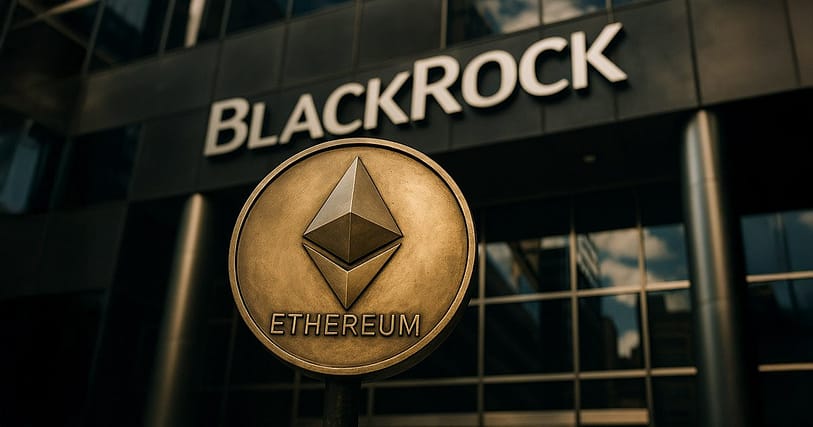Nasdaq filed with the Securities and Alternate Fee (SEC) on July 16 so as to add staking to BlackRock’s iShares Ethereum Belief (ETHA) exchange-traded fund (ETF).
The rule change would add an in depth “staking” part allowing BlackRock to stake Ethereum (ETH) straight or via a number of trusted staking suppliers.
BlackRock would deal with acquired rewards as revenue, and the agency should maintain the staked cash in preparations in keeping with a May statement by the SEC Division of Company Finance on sure protocol staking actions.
Notably, the asset supervisor should additionally get hold of both a counsel opinion or US authorities steerage on federal tax therapy earlier than it begins.
Moreover, within the occasion of slashing or forking, BlackRock is not going to subsidize or soak up incoming losses.
Nasdaq said that its proposal would allow ETHA to seize returns whereas working underneath outlined constraints meant to guard shareholders and the market.
Aggressive queue and deadlines
BlackRock joins a queue of issuers which have requested regulators to let their US-based spot Ethereum merchandise earn protocol rewards.
Cboe seeks authority for Fidelity’s FETH, Franklin Templeton’s EZET, Invesco Galaxy’s QETH, and 21shares’ CETH.
On NYSE Arca, Bitwise seeks approval to stake the ETH held in its ETHW. On the similar time, Grayscale seeks the identical approval for its ETHE and mini trust.
Bloomberg ETF analyst James Seyffart reacted to the Nasdaq submission on X, saying it was “about time.”
The primary remaining deadline for prior filings is in October, whereas the deadline for Nasdaq’s submitting on BlackRock’s ETF is in early April. Nevertheless, Seyffart believes it’s unlikely for the SEC approval to take that lengthy.
Flows help issuer push
US-listed spot Ethereum ETFs attracted more than $726 million in net inflows throughout 9 funds on July 16, marking a every day file.
ETHA led allocations with $499.2 million, marking a file for every day inflows into the fund, representing almost 69% of the overall.
The heavy inflows might point out that institutional traders are betting on Ethereum’s fundamentals, resembling its infrastructure for stablecoins and tokenized property.


